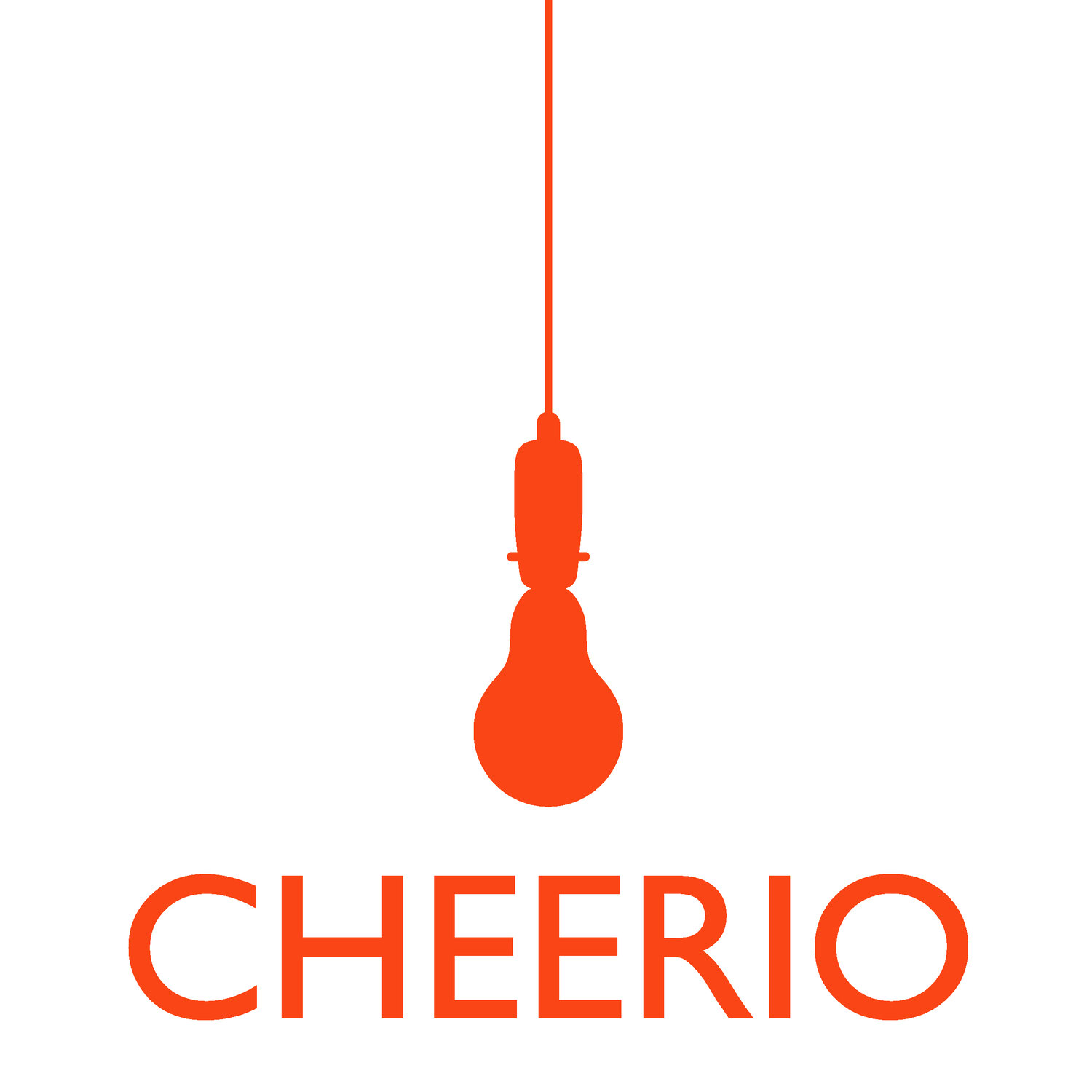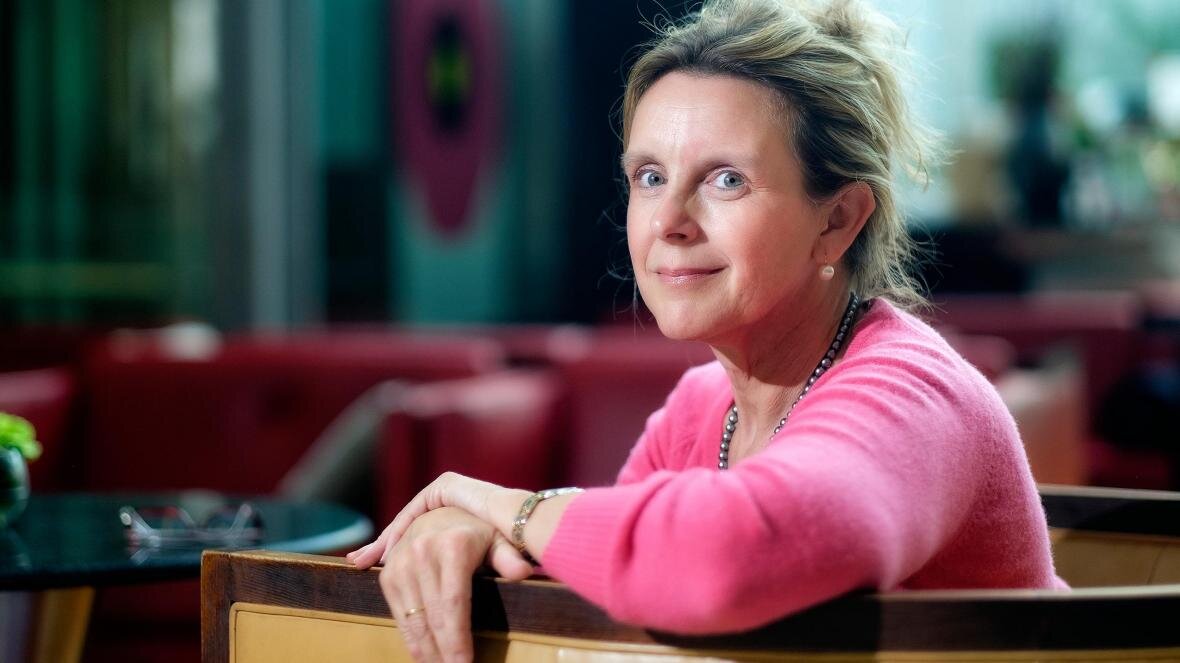LONG READ 8
June 2021
The Devil You Know: Dr Gwen Adshead in conversation with Maria Alvarez
Dr Gwen Adshead is a leading forensic psychiatrist and psychotherapist specialising in violent offenders. For over twenty years she worked in Broadmoor Prison. The utterly compelling and seminal THE DEVIL YOU KNOW, co-written with Eileen Horne and recently a Radio 4 Book of the Week, bears witness to her work performing a series of minor miracles: bringing a chance of hope and self-knowledge to some of society’s most troubled minds.
The case-studies in the book cover a range of violent perpetrators - from murderers and obsessive stalkers to paedophiles. Each case, tragic in its own way, presents a rivetingly intimate insight into the patient. All stories are told with humane lucidity, profundity and the narrative tension of a psychological detective story. The effect provides a moving mirror to us all, eliciting an empathetic epiphany: ‘There but for the grace of God…’
In THE DEVIL YOU KNOW, you mention ‘a cruel and belittling self living in all of us’. When do you recall first realising that this existed?
I first became aware of the wish to hurt when I was at school and witnessed bullying, that kind of organised cruelty, and its relation to power disparity and the potential for exploitation. The problem of the Holocaust disturbed me deeply as a child and I have always wanted to understand cruelty from a clinical and ethical stance.
Why do think the notion of evil and the demonic monster is so prevalent and convenient for society, as opposed to trying to see violent people and their deeds in a less hysterical light?
It’s curious because early Greek dramas and tragedies were full of the understanding that anyone can commit awful acts when overwhelmed by events. They were our first psychologists.
It is perhaps convenient and comforting to think that all the badness and darkness lies elsewhere. It makes people feel safer but it’s a vicious cycle; the more you ‘project out’ the more desperate your attempt to persuade yourself that you are ‘good’ and other people are ‘bad’. That kind of splitting, dualistic thinking makes you worse, since you fear your own cruelty.
The title of the book came from our conclusion that it’s better to know your devils, better to get up close to the pain. We are inviting the reader to come up close to these people and realise that we have more in common than not with them. We are all made up of shadow sides. It isn’t sane to ignore that we have this inside us.
Culturally, we seem to be increasingly obsessed with the dark side (witness the many true crime programmes and dramas).
There is a legacy of people taking the mind a bit more seriously. We can’t go back and un-psychologize now. Twenty-first century TV is willing to explore the fact that good people can do bad things - Breaking Bad is a particularly great example.
We felt the time was right for a book which didn’t treat the subject in a shocking way, but came to the subject of violence in a non-Hogarthian/Bedlam kind of way and addresses the complexity of what happens between the therapist and the patient.
You present a useful model of a triple-number bicycle lock theory to describe what triggers a violent event; the first few triggers go off but the final one is the defining unlocking, which could be something as seemingly insignificant as a stray phrase or the way the victim smiles… You are almost a detective-cum interpreter of their speech.
I studied a lot of adult attachment theory interviews. It invites you to analyse how people talk. A feeling or a thought will emerge, especially with people I work with whose inner world, as well as outer, is incoherent. A lot of it is about building trust.
“Early Greek dramas and tragedies were full of the understanding that anyone can commit awful acts when overwhelmed by events. They were our first psychologists”
And then the other healthier form of unlocking – in therapy – you describe as diving deep into a coral reef and coming up with ‘poetic’ moments of revelation.
Both Freud and Jung talk about the unconscious poetry of the deep mind. I really hone in on how they say things as well as the content. If my patients come up with anything vaguely metaphorical I see it as an invitation to begin the very deep work. It’s the metaphors that patients come up with that hold the poetry of the unconscious.
My patients wonder, ‘What kind of person am I going to be in the future?’ As one of my patients says, ‘you can be an ex-bus driver but not an ex-murderer’. What happens when you don’t get to choose, when people say ‘You are going to be a murder or a paedophile’?
Breaking Bad / AMC
You’re very careful to make sure you don’t present every paedophile and every murderer with the same reductive typology. You really get the sense that there is so much individuality to every violent crime. It goes a long way to explaining why one child in a family might become violent and another won’t.
Human minds are complex, dynamic and responsive. I have been increasingly looking into people who have been exposed to awful childhood trauma and who haven’t gone on to commit any crime or become violent or very mentally ill. They interest me hugely. Maybe they are incredibly resilient and can manage their damage, or put their efforts into a way of living that offsets the damage. I think the $65,000 question for the 21st century will be; are there kinds of childhood experiences that result in a permanent psychological stance that is to some extent quite impervious, even when the person is aware of it?
There’s hope in this book and you are very human. Some patients seem to shock you with their imperviousness; like, for example, the female stalker, who is ‘pathologically deaf’ to therapy. Which do you think is more dangerous; the human capacity to disassociate and deny, or the inability to tolerate reality?
They are obviously related but what worries me most is when you add in a fear of vulnerability and a degradation of the vulnerable – a denial that we aren’t in control. The response when you experience a loss of control is often to degrade yourself, even attack yourself (self-harm and anorexia are examples). We are capable of an organized cruelty towards the body, especially one’s own.
Gwen Adshead / PHILIP VANOUTRIVE
You have deliberately chosen to have gender parity in the number of cases in the book, despite the fact that women only commit 5% of all violent crimes. Why is that?
It bothers me as a therapist that women don’t get a chance to explore their cruelty. A woman needs to be able to own her guilt and shame. There’s liberation in saying ‘I did this terrible thing and I can’t take it back’ - then you are into an existentialist problem of human suffering. Then you can move things on. If you just talk about women’s violence as an experience of abuse, it won’t help. Men are offered endless opportunity to talk about their anger and cruelty.
It’s commonly said that women offend within the family more. All women offenders have been traumatised and abused, but so have the men. Women are exposed to more abuse – if there was an easy link between trauma and violence, you’d expect more violence from them. Which begs the question of whether men are much more vulnerable to trauma. But it is also a question of cultural stereotype.
“It bothers me as a therapist that women don’t get a chance to explore their cruelty. A woman needs to be able to own her guilt and shame”
The moment you seem to long for in all of your cases is when a patient offers up curiosity.
It’s a question of agency in the context of a lived life of a relational nature. It is true that when a person says ‘This is how I felt when I killed my dad…’, it demonstrates an interest in their own mind, which offers a glimmer of hope. You can only work with what’s here and now, not with what is outside the room.
You talk a lot about early childhood, migration, trauma. Can a relatively undamaged ‘non-violent’ person be triggered much later in life to commit atrocity?
The holocaust comes to mind here. The question is this: after a horrible experience what kind of survival can you achieve? We have to believe we were made for goodness as well as our capacity for cruelty. We must develop our capacity not to despair.
'Exceptional.' VAL McDERMID
'Gripping . . . and ultimately enlightening.' PHILIPPE SANDS
'Extraordinary.' SEBASTIAN FAULKS
'Fascinating, erudite and beautifully written.' CHRISTIE WATSON
THE DEVIL YOU KNOW is out now. Get your copy here.
Maria Alvarez is a writer, journalist and freelance editor.
Artwork from the BBC Radio 4 Book of the Week serialisation






